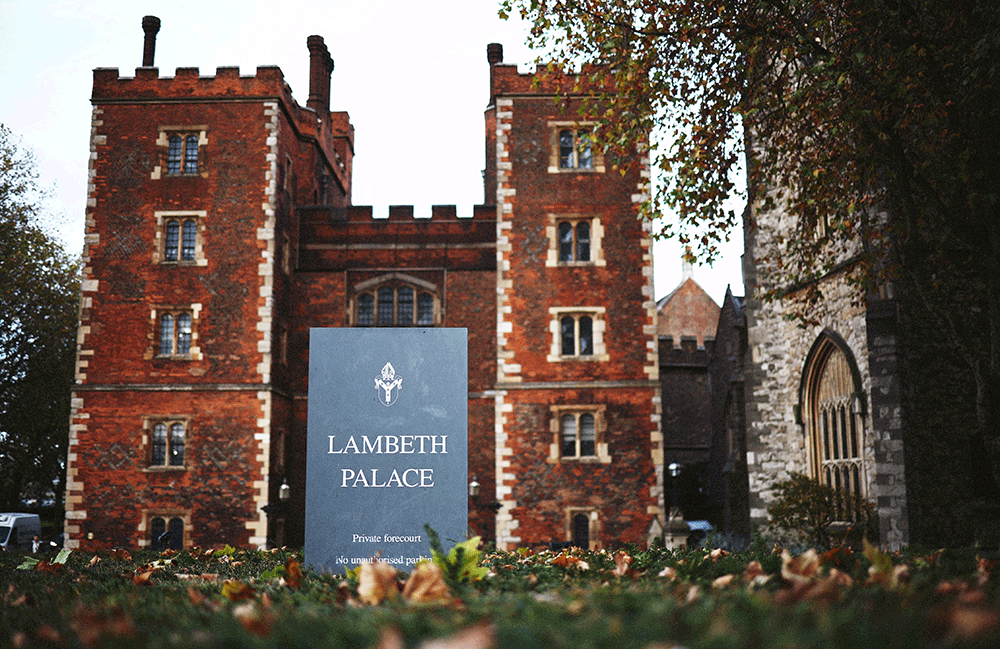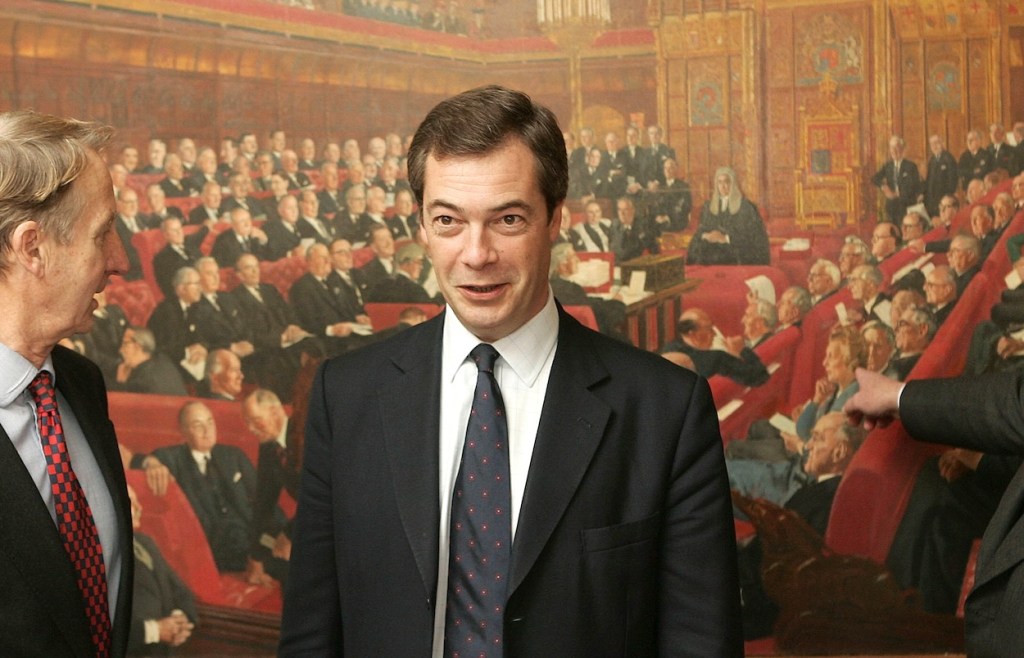
Cardinals elected the new Pope within a fortnight but it will take almost a year to choose our next Archbishop of Canterbury. The beloved Anglican interregnum is intended to ‘take soundings’. These are unproductive if held in an echo chamber. The chairman of the Crown Nominations Commission for the successor to Justin Welby, Lord Evans of Weardale, is an efficient and discreet public servant. But most of the large group of voting members, including both its C of E bishops (York, Norwich), come from the fastest-declining part of the Church, its liberal wing. Thanks to Welby’s reforms, the commission now has no fewer than five members from the wider Anglican communion, only one of whom is from the burgeoning, usually traditionalist African churches (total membership c. 43 million). The others include an engineer from Argentina (total membership c. 22,500), a Maori hemp farmer and a bishop from the ever-shrinking liberal Church in Wales. Then come six elected by the mainly liberal General Synod and three from the ultra-liberal Diocese of Canterbury. Read the last’s ‘statement of needs’ about ‘the Archbishop we are seeking’, to feel whither the wind bloweth. It orders the next Archbishop to get on well with his or her suffragan, the Bishop of Dover, who shoulders most of the diocesan duties, expressly emphasising the importance of this particular one, the liberal Rose Hudson-Wilkin, a protegée of Archbishop Welby. You would think she had the right of veto over any candidate proposed.
The statement also insists that the successful candidate ‘has worked and will continue to work constructively with the Living and Loving in Faith Process’ (LLF). This entirely liberal project, little known to the outside world, is the latest attempt to permit same-sex marriage in church. Opponents protest at the procedural sleight of hand which evades the rule that a change of doctrine can pass only with a two-thirds majority in all three houses of the synod. If pushed forward, LLF will split the Church at the February synod, with orthodox believers (the growing part of the Church) departing. LLF has been so beset by controversies that even its current chairman, the liberal Bishop of Leicester, Martin Snow, has recently resigned. It was beginning to dribble away. But if Canterbury’s ‘needs’ prevail, it will jump back up again. Oh dear, things were so much fairer when a well-instructed prime minister – say, Harold Macmillan choosing Michael Ramsey – simply made the appointment himself. Without bureaucracy, the established Church sort of worked. With it, it sort of doesn’t.
Last Saturday, we went to London for a lovely party to celebrate the 90th birthday of my ever-vigorous uncle by marriage, John Oliver, ex-Bishop of Hereford. It was held in a club in Pall Mall. On our walk to and from Charing Cross, we saw the following things: 1) About 30 dog-carts, drawn by horses trotting and occasionally cantering past. They were unpoliced and unstewarded, and dashed along, scattering pedestrians as they turned the corner at the bottom of Haymarket. I loved watching, but they were dangerous. 2) On emerging from the club, several people in morning dress and cavalry officers in ceremonial uniform having come from Trooping the Colour. 3) Thirty seconds later, 100 or so naked people, mainly men, riding bicycles as fast as they could peddle, some carrying Pride flags. The intention, I think, was genial, but the overall impression was genital, and repulsive.
The next day, at a party in the country, I met Robert Jenrick, the shadow justice secretary. He told me about his ongoing campaign to dramatise the degradation of the public realm under Labour and brandished a photo taken the day before of two men, naked except for their shoes, smoking weed in the park opposite Apsley House. I wonder if they were two resting bicyclists. I later discovered that we had witnessed an annual event called the World Naked Bike Ride, ‘a protest against car culture and oil dependency’. I agree with Mr Jenrick that a growing constituency are utterly sick of exhibitionists of all kinds who hog the public space and create what mayors call a ‘vibrant’ city. If he could persuade the teams of police currently deployed to arrest solitary women praying outside abortion clinics to clear this mess up, he might one day become prime minister.
Sir Geoff Palmer has died, professor of beer and first black professor of anything in Scotland. His obituaries repeated his story that when seeking a job in agricultural research at Nottingham University in 1964, he had been interviewed by Keith Joseph, cabinet minister and future mentor of Margaret Thatcher. In Sir Geoff’s account, Joseph ‘told me to go back where I came from and grow bananas’. When I first heard this story, I greatly doubted it [see Notes in September and October 2015]. Joseph, said Sir Geoff, was the Min of Ag representative on the interview panel. But Joseph was never an agriculture minister and knew nothing about agriculture. I was also assured by a former MAFF permanent secretary that it was against departmental rules for a minister to interview anyone for such a post. Besides, Joseph, whom I knew, was a scrupulously courteous anti-racist, the only member of Ted Heath’s shadow cabinet to refuse to oppose Labour’s Race Relations Act. Sir Geoff had got the wrong man. He hotly denied this, but never produced any evidence. Of course, I never doubted his claim that somebody said this unpleasant thing to him, but that person was not Keith Joseph. In further researches, I found a professor long associated with Kew Gardens with a very similar name. I wondered if this might explain the mix-up, but did not push the point in case this too would unfairly blame another. In fairness to Sir Keith’s reputation, I think all Sir Geoff’s obituaries should take the story down, as has Wikipedia.








Comments